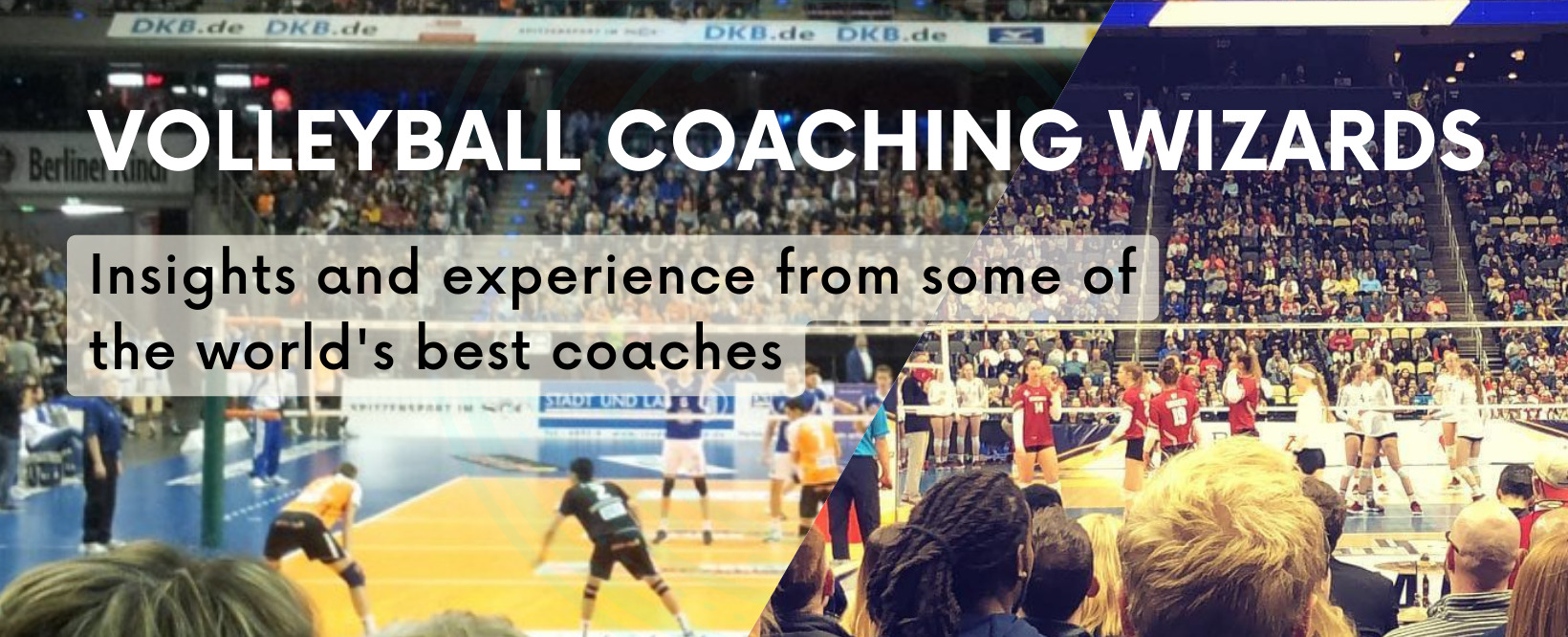In this excerpt from his Volleyball Coaching Wizards interview, Scottish coach Craig Faill shares his views and experiences with the difference in approach required when work with female vs. male athletes. In particular, he talks about the socialization aspect of team management.
Craig Faill has over 30 years of coaching experience in his native Scotland. His club teams have won multiple national championships. He is currently the Head Coach of the Scottish Women’s National Team. He previously head coached the Scottish Men’s Junior National Team and was an assistant to the Men’s full national squad.
